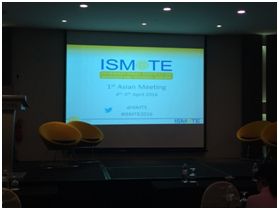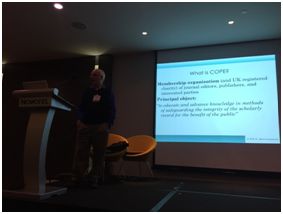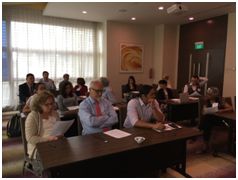Case #14-03
Every month we highlight a publication ethics case that has been brought to the COPE Forum, or a query posted to COPE council by one of our members.
A managing editor reported that within a 4 week period, they detected five manuscripts where photographs of either gels or plant materials were used twice or three times in the same manuscript. These manuscripts were immediately rejected. The journal was not convinced that these were cases of deliberate misleading but rather seemed that many laboratories consider photographs as illustrations that can be manipulated, and not as original data. The editor asked the Forum what can be done to ensure that all gels and all photographs originate from the experiment and that they should never be tampered with.
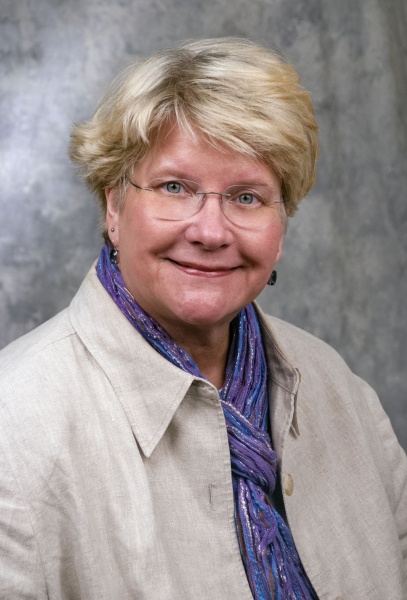

 Interventions to prevent misconduct and promote integrity in research and publication
Interventions to prevent misconduct and promote integrity in research and publication Set up a ‘self-retraction’ system for honest errors
Set up a ‘self-retraction’ system for honest errors Ex-professor found guilty of fraud and given a 2 year suspended sentence in a Brisbane court
Ex-professor found guilty of fraud and given a 2 year suspended sentence in a Brisbane court 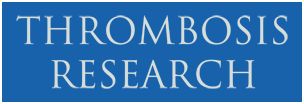 Abstract removed at request of authors who were unaware of its submission
Abstract removed at request of authors who were unaware of its submission What does ‘peer reviewed’ mean?
What does ‘peer reviewed’ mean? How can we keep science honest in a world of open data?
How can we keep science honest in a world of open data?